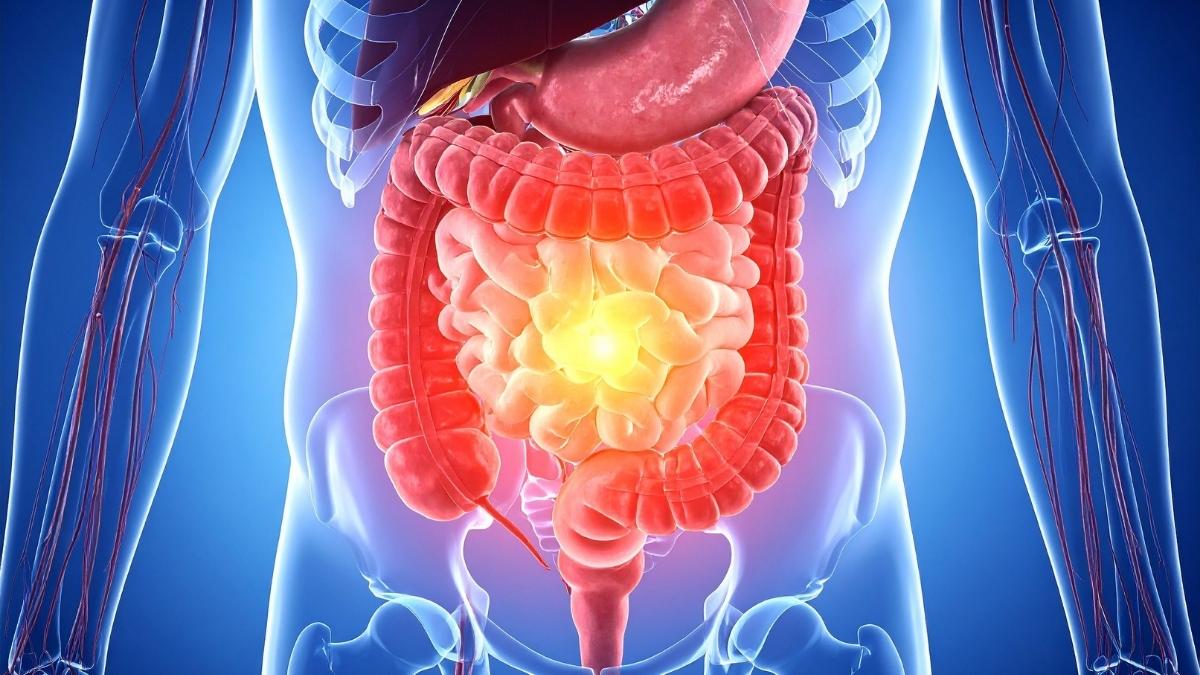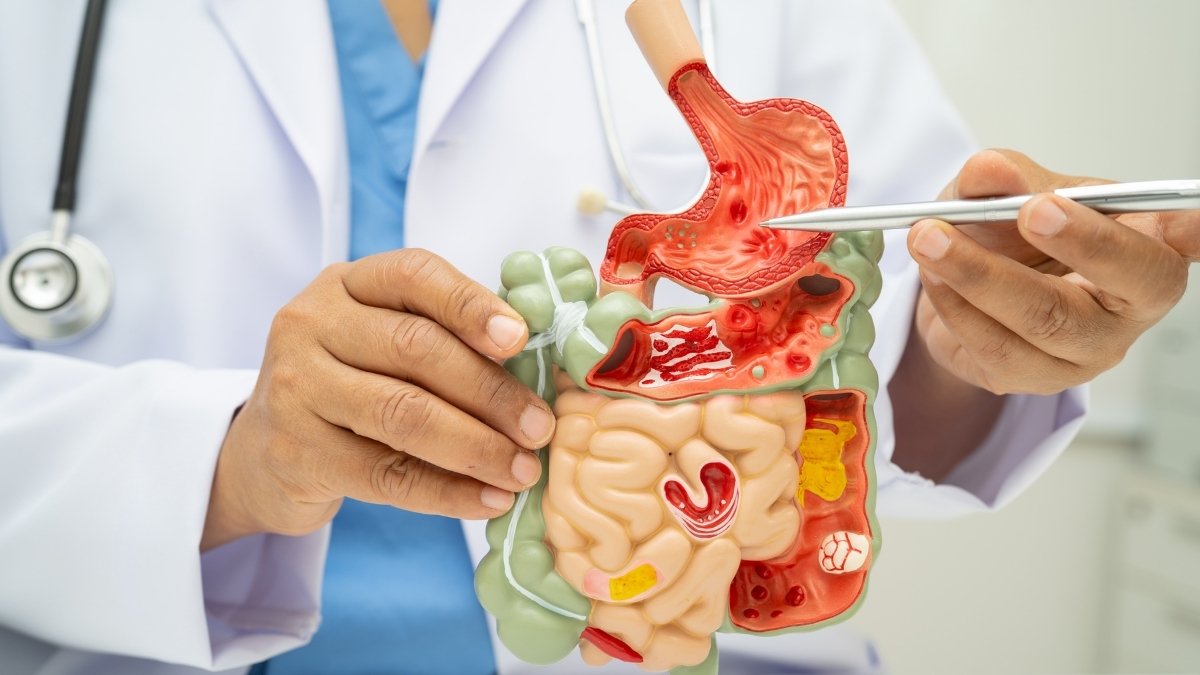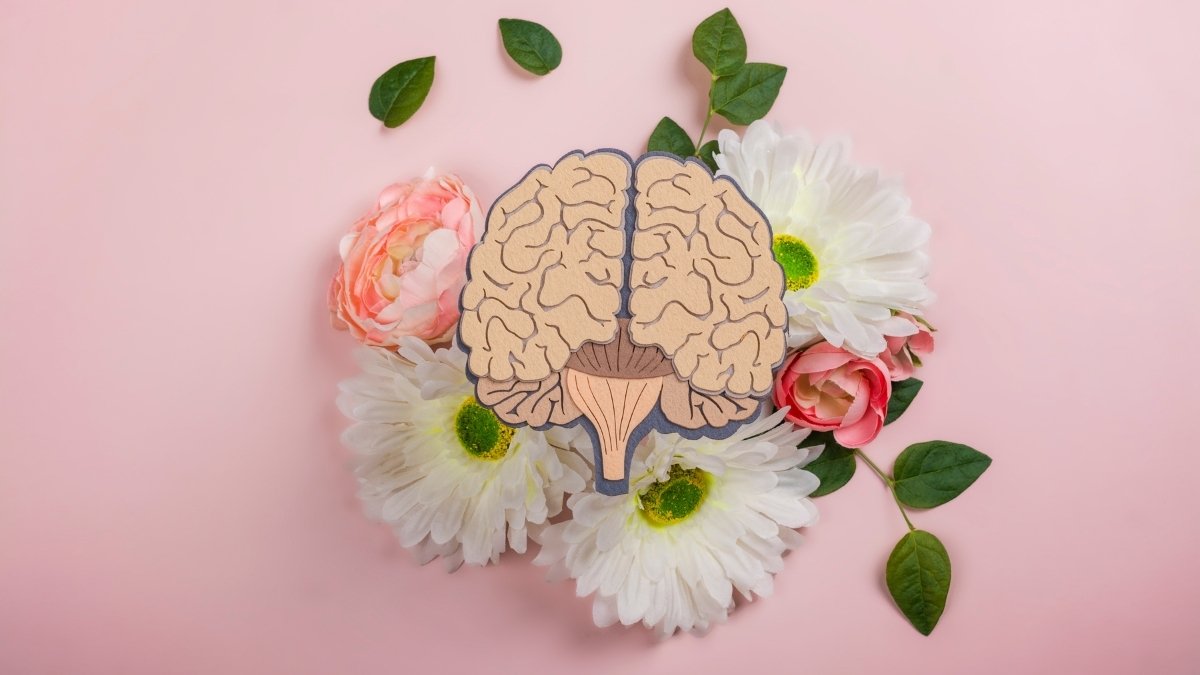The Biological Reason Your Gut Needs a Break (and Why Late-Night Eating Prevents It)

Your stomach is making strange noises at 10 PM, three hours after dinner, and you’re convinced it means you need a snack—but what if those gurgles are actually your digestive system’s downtime in action? Those sounds are signs your gut is cleaning, not calling for food.
Most people eat from the moment they wake up until just before bed. This nonstop intake disrupts circadian rhythm digestion, the body’s natural timing system that controls when your gut works best. When your gut never gets a break, leftover food builds up, bacteria overgrow, and bloating becomes your new normal.
In this guide, you’ll learn why your body needs rest between meals, how the migrating motor complex keeps your gut clean, and the powerful gut rest benefits you can feel in just days—like less bloating, better sleep, and steadier energy.

What Is the Migrating Motor Complex (Your Gut’s Cleaning Crew)?
Think of your gut like a dishwasher. It needs time between meals to run its rinse cycle. That’s what the migrating motor complex (MMC) does—it’s a wave of gentle muscle contractions that sweeps leftover food, bacteria, and waste through your intestines.

This digestive maintenance system turns on about 90–120 minutes after your last bite and moves in 90-minute cycles from your stomach to your colon—but only when you’re fasting. Research in the American Journal of Physiology shows it completes 6–8 cycles overnight.
When the MMC is blocked by constant snacking, food can ferment, bacteria overgrow (SIBO risk), and bloating increases. Those “stomach growls” between meals? That’s your gut’s cleaning crew at work—proof of healthy gut rest benefits.
How Your Body Clock Controls Digestion
Here’s something surprising—your gut runs on a circadian rhythm, just like your sleep cycle. Every organ in your digestive system has its own clock, guided by light, food timing, and hormones. This built-in rhythm controls when your stomach, liver, and intestines work best.
Morning and early afternoon (8 AM–2 PM) are your peak digestive efficiency hours. During this window, your body produces the most stomach acid, digestive enzymes, and insulin, making it easier to break down food and absorb nutrients. Your pancreas releases insulin most effectively between 7 AM and 7 PM, helping keep blood sugar balanced.

After sunset, your system slows down. By 8 PM, your stomach produces about 50% fewer enzymes, and your gut motility drops. That’s why the same meal that feels fine at 10 AM can cause bloating or heartburn at 10 PM. Late-night eating works against your circadian rhythm digestion, making your body store more fat and struggle with blood sugar control.
Even your gut microbiome follows this clock. Friendly bacteria become more active during the day, processing fiber and nutrients, then “rest” at night. Eating at odd hours disrupts this cycle, lowering diversity and promoting inflammation.

Studies from the Salk Institute found that mice eating the same calories at the “wrong” times gained 28% more weight. This shows that when you eat matters as much as what you eat.
For better gut rest benefits, try aligning meals with daylight. Eat your largest meal by early afternoon, keep dinners light, and leave a few hours between your last bite and bedtime.
Morning: High digestive power
Afternoon: Moderate digestion
Evening: Low digestive power
Your gut thrives on rhythm. Respecting that rhythm keeps digestion smooth, metabolism steady, and energy strong—no matter your age.
Why Late-Night Eating Sabotages Your Gut Health
That 9 PM bowl of cereal might explain your 2 AM heartburn and morning bloating. Here’s what happens: eating too close to bedtime blocks your migrating motor complex (MMC)—your gut’s overnight cleaning cycle. Without that digestive maintenance, leftover food sits in your intestines, feeding the wrong bacteria and increasing bloating or SIBO risk.

Late eating also disrupts circadian rhythm digestion. Your body stays in “digest mode,” raising core temperature and reducing deep sleep. Research in Cell Metabolism found that eating within three hours of sleep increased inflammation by 28%. It also raises acid reflux risk since lying down allows acid to flow backward.
When you stop eating at least 3 hours before bed, you support gut rest benefits, better sleep, and balanced hunger cues the next morning.
7 Gut Rest Benefits You’ll Notice Within Days
Giving your gut regular breaks—like 12 to 14 hours of rest overnight—can spark big changes fast. Here’s what you can expect when you practice intermittent fasting for gut health and let your digestive system repair naturally.
1. Less Bloating and Gas
Within 3–5 days, most people feel lighter. That’s because the migrating motor complex (MMC) clears leftover food and bacteria that cause fermentation.

One study showed a 60% drop in bloating after just one week of gut rest.
2. More Regular Bowel Movements
When digestion has set rest periods, your gut rhythm strengthens.

Waste moves through smoothly, reducing constipation or urgency.
3. Better Sleep Quality
Resting your gut before bed means no late-night digestion competing with deep sleep.

People often wake up feeling more refreshed and energized.
4. Stronger Morning Appetite
Hunger hormones reset to their natural rhythm.

You’ll notice true hunger cues in the morning when digestion is most efficient.
5. Less Heartburn and Reflux
An empty stomach at bedtime prevents acid from creeping up into your throat.

For many, reflux symptoms fade within a week.
6. Improved Nutrient Absorption
A rested gut lining absorbs more vitamins and minerals.

Research shows your body can absorb 23% more iron during peak digestive hours than late at night.
7. Sharper Mental Clarity
Your gut and brain talk constantly. When inflammation drops and digestion steadies, focus and mood improve noticeably.

You don’t need perfection—just consistency. Stick with overnight gut rest benefits for a few days, and your body will thank you with better digestion, calmer sleep, and clearer thinking.
Common Mistakes That Prevent Gut Rest (And How to Avoid Them)
Even small habits can block gut rest benefits and stop your migrating motor complex (MMC) from doing its cleanup work.

1. Grazing all day: Constant snacking keeps your gut busy. Instead, leave 3–4 hours between meals so the MMC can activate.
2. Caloric drinks during fasting: Even 5 calories—from milk, juice, or “just broth”—halts the MMC for 90+ minutes. Stick to plain water, black coffee, or herbal tea.
3. Inconsistent meal timing: Changing your eating window daily confuses your circadian rhythm. Keep it within a 1–2 hour range.
4. Starting too extreme: Don’t jump into 18-hour fasts. Begin with 12 hours overnight and build slowly.
5. Skipping morning meals: Digestion peaks early. Eat when your body’s ready, not late at night.
Small tweaks, big impact—steady habits restore gut rhythm fast
Lastly,
Your gut isn’t designed to work 24/7—it needs downtime to clean, repair, and reset for optimal function. When you give it rest, the migrating motor complex, circadian rhythm digestion, and natural cleaning cycles finally do their job.

These aren’t fancy wellness tricks—they’re biological necessities your digestive system depends on. Start simple tonight: close your kitchen three hours before bed.
Within a few days, you’ll likely notice less bloating, better sleep, and smoother digestion.
Track your gut rest benefits for a week. Write down how you feel each morning—your own results will show why timing matters more than perfection.






